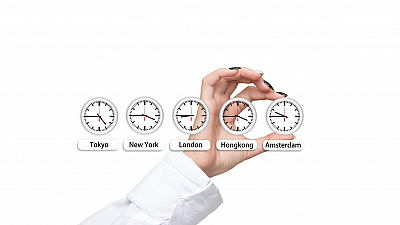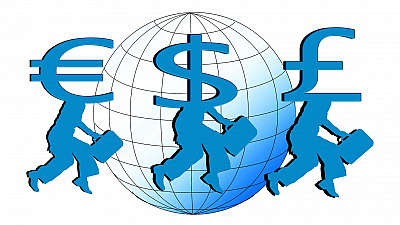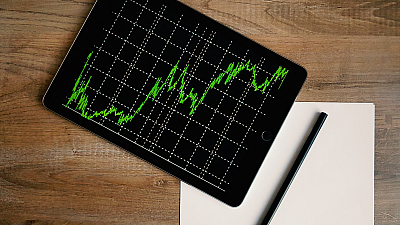There are two levels in the forex market. The first is the interbank market. The biggest banks trade with each other there and although there are few members of this tier, the transaction volume is huge. The second level is the over-the-counter market. This is where all other market participants operate through brokers.
The broker is a financial service company that provides traders with the tools to execute forex transactions. Or simpler, the broker provides a trading platform where traders buy and sell currency pairs.
Brokers can operate based on different business models.
Depending on the way they handle transactions and execute orders, they are most generally divided into two groups.
MARKET MAKERS
Market makers are brokers that “make” a market for their clients. These are the classic type of brokers. Back when individual traders did not have access to the forex market, it was the market maker brokers that made it possible. Nowadays, the Dealing Desk brokers (DD), as they are also called, facilitate trading for investors, by providing a comfortable trading environment.
One of the benefits a market maker provides for his investors is a user-friendly, easy to use platform. They offer plenty of free support in the form of live online charts with a variety of tools and charting applications, market news feeds and commentaries.
The DD brokers manage to maintain lower volatility for their prices. This is possible because of the way a DD broker operates. The market maker broker accepts the risk of holding a certain number of forex positions on his books for a particular currency pair. By doing this, the broker provides some liquidity to the market.
The market maker sets both the bid and the ask prices and is prepared to honor a buy or sell order from a client at these levels.
As a market maker, he takes the other side of the trade and sells if the dealer is buying or buys if the dealer is selling. A basic forex market principle states that at a given price level, there will be both investors willing to buy and those willing to sell.
When executing a trade, the broker has one of the following options. He could match (or net) short and long positions within the market. This manages the trades within the system. Another option is to pass on a trade, or some net amount to a liquidity provider. That would minimize his risk on that position, as he would profit from the spread, without taking the opposite side of the trade. Or, in some cases, he simply takes the other side of the trade.
The market makers profit from the bid/ask spread that they offer.
The competition between brokers is strong, so spreads are kept reasonably low. Some brokers even provide fixed spread, which facilitates trading.
Market makers have a reputation for manipulating currency prices, setting wide bid/ask spreads, or trading against investors. Certainty there are brokerage firms with questionable reputation, but it is a matter of research that every prospective investor must do before choosing a broker.
Furthermore, this industry is highly regulated, and when the Commodity Futures Trading Commission (CFTC) and the National Futures Association (NFA) are on the watch, investors should be safe.
ELECTRONIC COMMUNICATION NETWORK (ECN)
The electronic communication networks provide direct access to the interbank tier of the forex market. ECNs are trading platforms that connect investors directly with each other. There is no dealing desk to manage the transactions, that is why this type of brokers is called No Dealing Desk, or NDD.
ECN brokers use top technology servers, ensuring lightning fast trade execution. The advanced price aggregation means increased transparency and lower spreads.
ECN brokers consolidate price quotations from liquidity providers (including major banks and other financial institutions), matching trades with the best possible prices and lowest possible spreads without considering the source. That way they can generally offer their clients tighter bid/ask spreads than would be otherwise available to them.
ECN brokers do not interfere throughout the process of trade execution, rather just funnels it through directly to the liquidity providers.
Because this type of brokers does not filter the prices in any way, there may be wider fluctuations in the prices, so volatility in the ECN markets is higher. This is not all bad, of course. Scalping strategies and automated trading thrive in these conditions.
Spreads in the most liquid ECN markets are very narrow, sometimes even hitting the zero. That is why, Electronic networks typically charge a fixed commission, which is the cost for their services.
For investors trading with large positions this is a very good option, compared to the spread, which is a percentage of the traded amount. For investors trading smaller amounts, though, it may not be the best offer.
Trading platforms are less user-friendly and take some time and effort to get acquainted with. Most ECN brokers do not provide their clients with integrated charting software or news feeds, so investors need to do this on their own.
The bottom line is that every investor needs to decide for himself what type of broker best suites his needs and expectations.
As this is a very important step, that would affect all aspects of the trading process, it is advisable to take enough time in order to make the right choice.




